Toyota has struggled to gain traction in the rapidly growing EV market, but the automaker is betting on advanced battery technologies that could give it a leg up on competitors like General Motors, Volkswagen and even Tesla.
One new concept model powered by next-generation lithium technology could deliver as much as 497 miles of range per charge, the automaker said. And another prototype relying on even more advanced solid-state batteries offers the potential of reaching as much as 621 miles of range. The first of these models will reach production by 2026, with the second to follow as early as 2027.
“We will need various options for batteries, just like we have different variations of engines,” said Takero Kato, president of Toyota’s new BEV Factory. “It is important to offer battery solutions compatible with a variety of models and customer needs,” Kato added during a technical workshop.
Catching up
Toyota is by no means the only automaker seeking breakthrough battery technology. It is, from an automotive perspective, the equivalent of the search for the Holy Grail. And there are plenty of automakers, established battery companies and startups that claim to be getting close to bringing out the sort of technology that can drive up range while reducing charging times, even as costs come crashing down.
But there’s no question that Toyota could use an edge in the EV market. While it is clearly king-of-the-hill in the hybrid segment, it has lagged behind key competitors when it comes to pure battery-electric vehicles. It didn’t help that now-retired CEO Akio Toyoda was an EV skeptic. But while his successor, Koji Sato, continues to see a role for hybrids, plug-in hybrids and hydrogen fuel-cell vehicles, he is well aware that EVs are positioned to become the dominant powertrain technology going forward.
And Toyota “has the resources to shift direction if needed,” as one senior official told Headlight.News.
New lithium battery technology
The company claims it has, indeed, developed “Three new liquid electrolyte battery technologies to deliver higher power, longer range, faster charging and lower cost.”
Similar in basic concept to today’s lithium-ion batteries, each has its own distinct characteristics, according to the automaker:
- One version, dubbed “Performance,” could deliver a cruising range of 800 kilometers, or 500 miles, while coming in 20% cheaper than the batteries used in the current Toyota bZ4X. Set to launch in 2026, this type of battery would also go from a 10% to 80% state of charge in less than 20 minutes;
- The “Popularization” battery is a variation of existing lithium-ion-phosphate chemistry which normally sacrifices range for a lower cost. It’s expected to be 40% cheaper than the current bZ4X battery but still yield a 20% improvement in range. Charging times would come in under 30 minutes. Production is targeted for 2027;
- The third “High-Performance” battery uses a high-nickel, “bipolar” version of lithium-ion chemistry to deliver plenty of power and charging times of under 20 minutes. Range could reach 1,000 km, or 621 miles. Toyota claims it will cost 20% less than the bZ4X battery. Production is expected to begin in 2027 or 2028.
Solid-state breakthrough?
There’s a fourth battery in Toyota’s future, or so it claims. There are billions of dollars going into the development of solid-state batteries, a technology which, among other things, eliminates the flammable liquid electrolyte in today’s lithium-ion cells.
Despite the promises being made, most experts think mass market production likely won’t happen until decade’s end. Toyota is far more optimistic.
“Long seen as a potential game-changer for BEVs, Toyota has made a technological breakthrough in its quest to improve the durability of Li-Ion solid-state batteries,” the automaker said in a statement, adding, “The aim is to be ready for commercial use by 2027-28.”
At launch, it foresees a sharp drop in price, and an equally steep dip in charging times, going from 10% to 80% state-of-charge in under 10 minutes. That could make it competitive with today’s internal combustion engine technology. Toyota expects its initial solid-state batteries to also reach about 1,000 km, or 621 miles, per charge. But it expects to follow up with improvements boosting range to 1,200 km, or 750 miles.
Other changes coming
Toyota claims its new batteries will have other advantages. For one thing, they’ll be shorter than today’s cells, it claims. Where the batteries in the bZ4X stand about 150 mm in height, or 5.9 inches, these advanced cells could dip to barely 4 inches. Since EVs typically mount their batteries below the load floor, that could permit the automaker to lower the overall height of a vehicle – or design a vehicle with more headroom and cargo space.
Toyota’s BEV factory is looking for other ways to improve range and performance, while lowering the cost of its EVs. As it did decades ago with its vaunted Toyota Manufacturing System, the automaker is looking for ways to simplify the production of EVs.
One approach would see it replace the hundreds of parts needed in an EV’s platform with just a handful of “giga-castings.”
What’s clear is that, since Sato took the CEO job, Toyota is amping up its EV program. It expects to be producing at least 1.7 million annually by 2030.


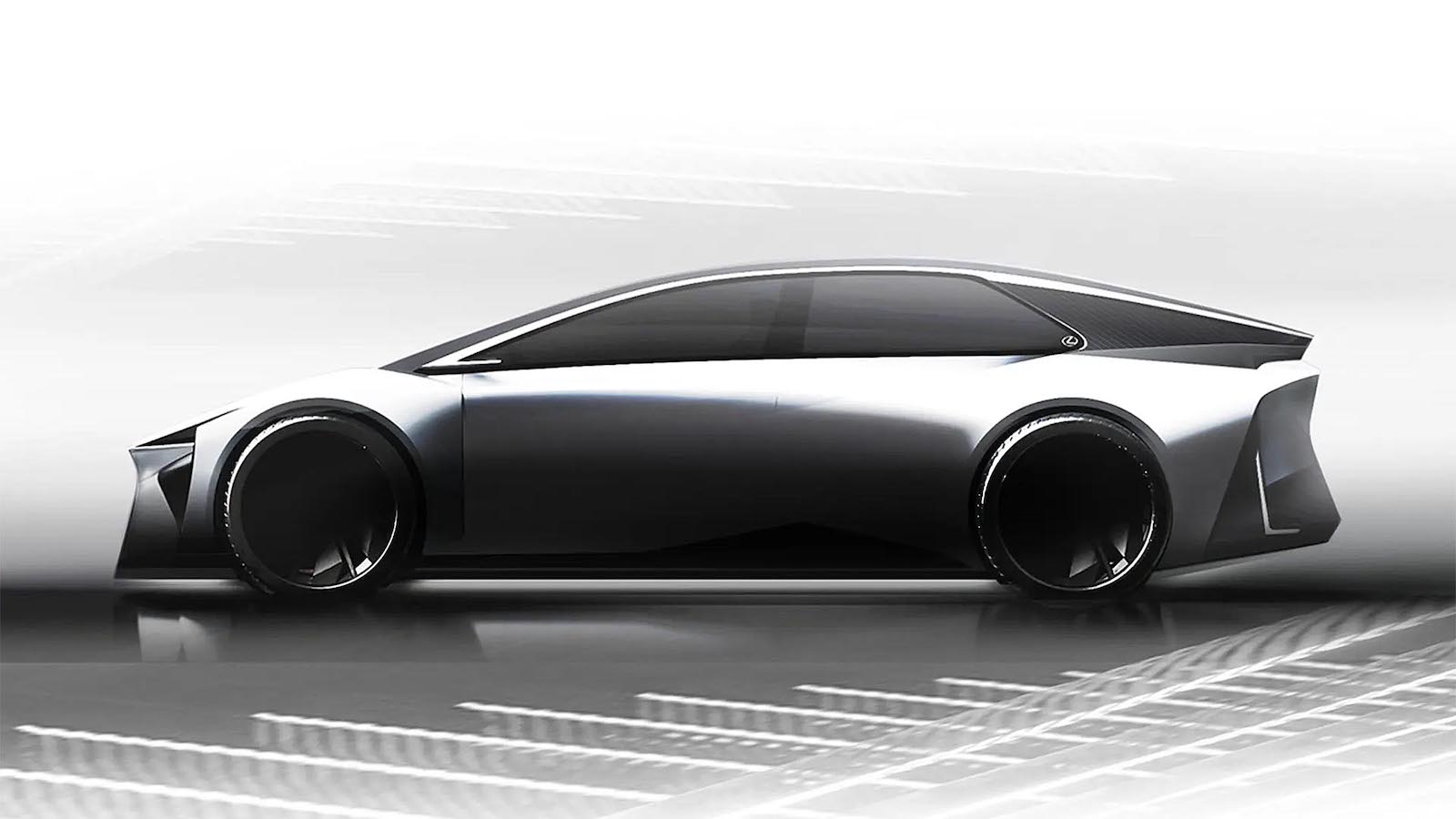
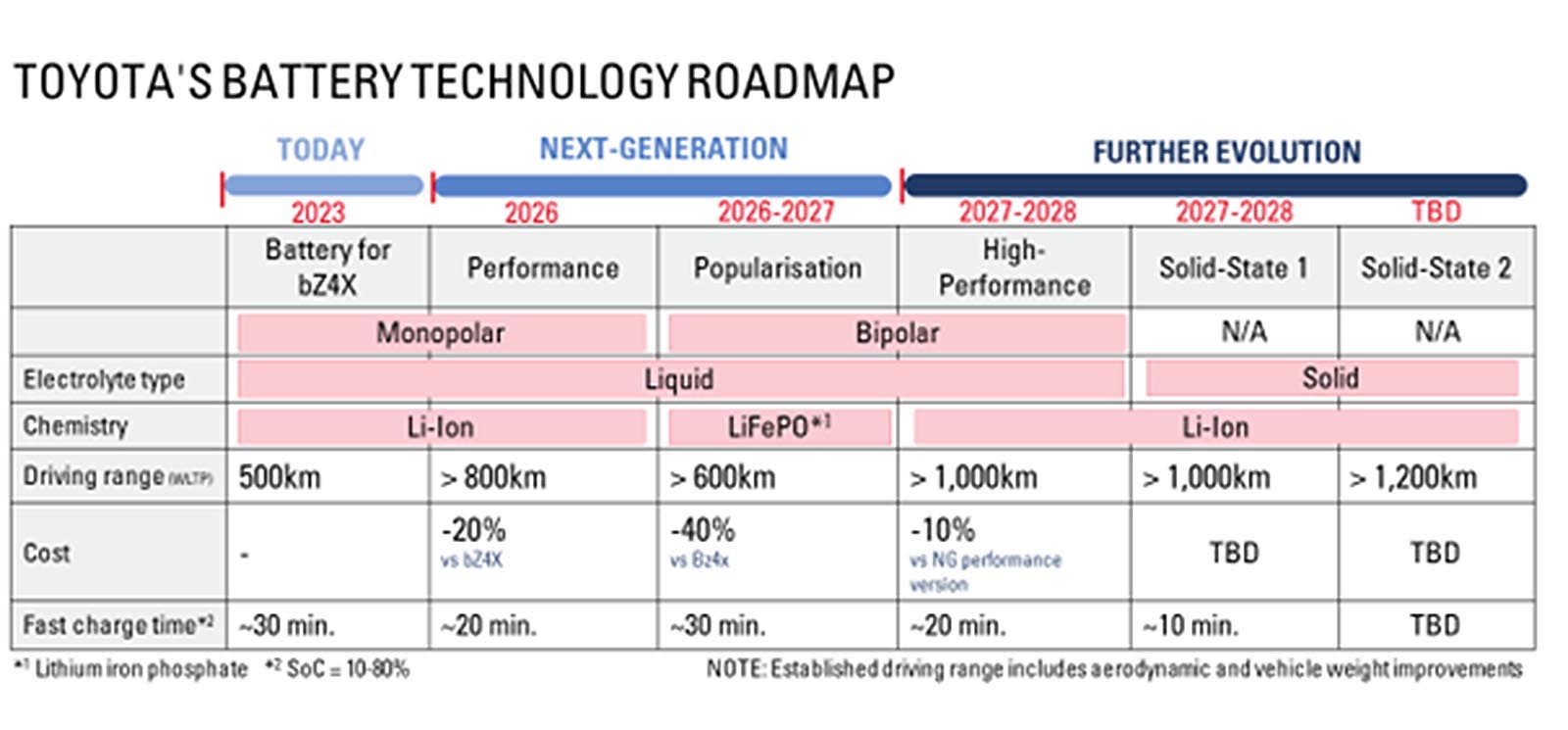
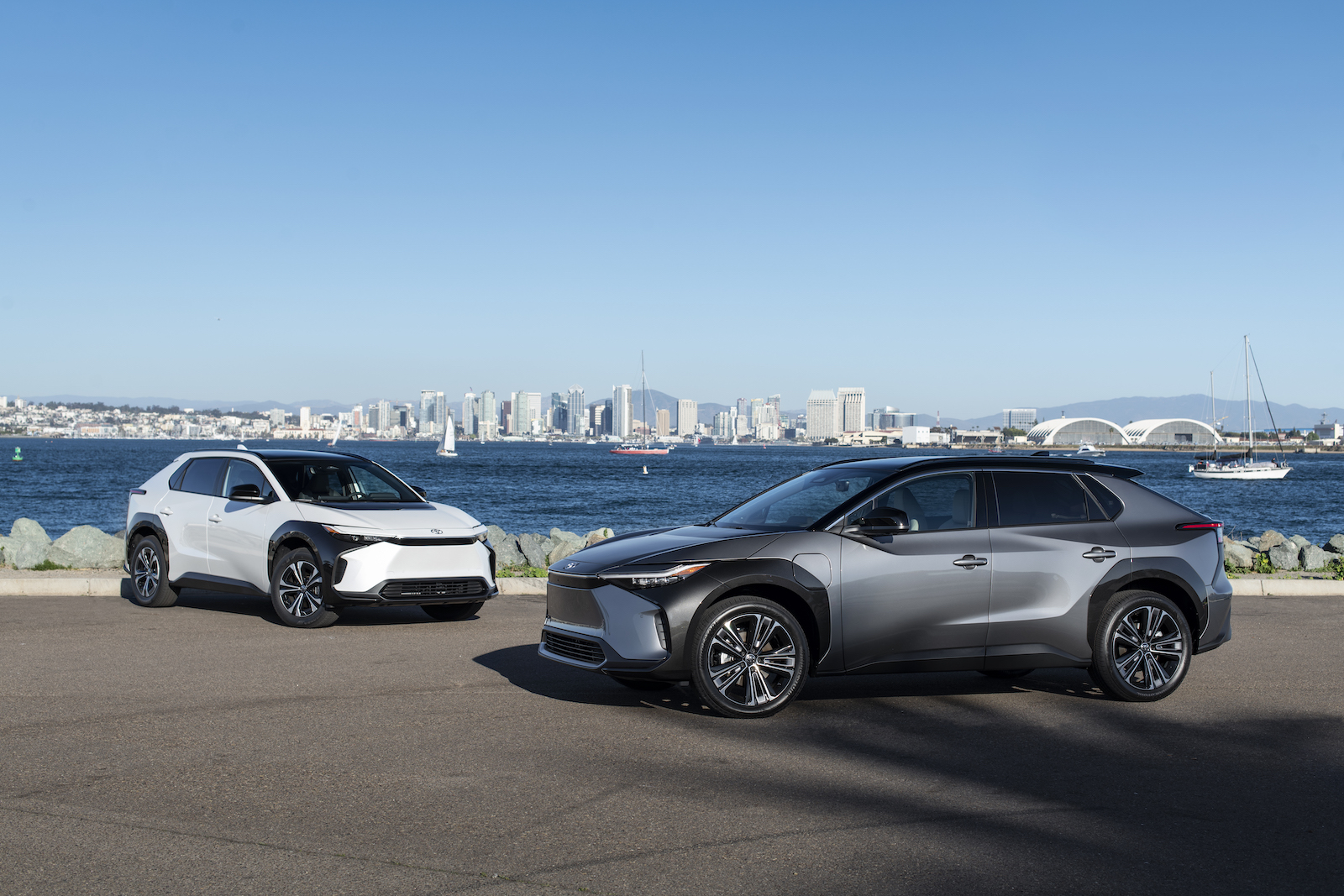
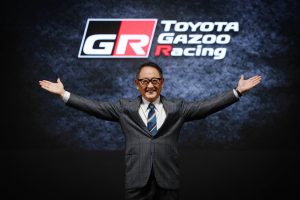
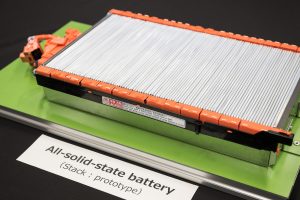
0 Comments